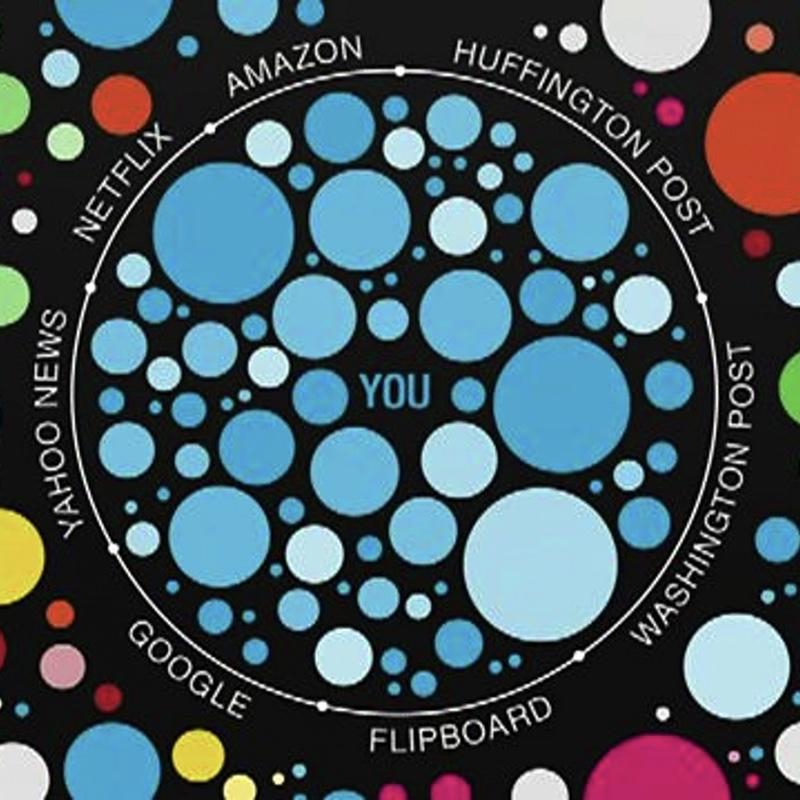Debunking in a world of tribes
When people operate in echo chambers, they focus on information adhering to their system of beliefs. Debunking them is harder than it seems.
F. Zollo, A. Bessi, M. Vicario, G. Caldarelli, L. Shekhtman, S. Havlin, W. Quattrociocchi
















Social media aggregate people around common interests eliciting collective framing of narratives and worldviews. However, in such a disintermediated environment misinformation is pervasive and attempts to debunk are often undertaken to contrast this trend. In this work, we examine the effectiveness of debunking on Facebook through a quantitative analysis of 54 million users over a time span of five years (Jan 2010, Dec 2014). In particular, we compare how users usually consuming proven (scientific) and unsubstantiated (conspiracy-like) information on Facebook US interact with specific debunking posts. Our findings confirm the existence of echo chambers where users interact primarily with either conspiracy-like or scientific pages. However, both groups interact similarly with the information within their echo chamber. Then, we measure how users from both echo chambers interacted with 50,220 debunking posts accounting for both users consumption patterns and the sentiment expressed in their comments. Sentiment analysis reveals a dominant negativity in the comments to debunking posts. Furthermore, such posts remain mainly confined to the scientific echo chamber. Only few conspiracy users engage with corrections and their liking and commenting rates on conspiracy posts increases after the interaction.